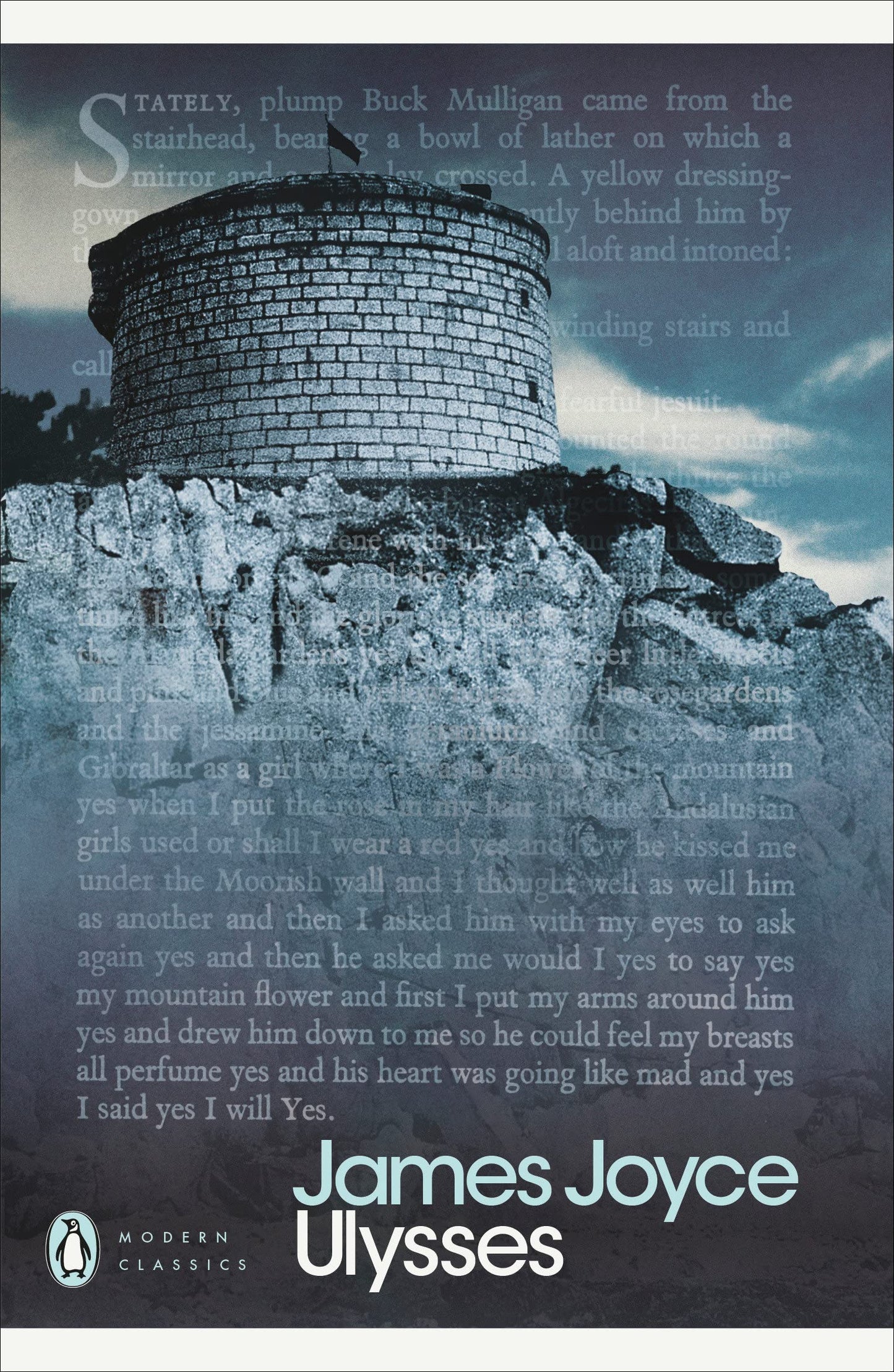Ulysses by James Joyce is a groundbreaking work of modernist literature, widely celebrated for its experimental narrative style and profound exploration of......
Read More
Ulysses by James Joyce is a groundbreaking work of modernist literature, widely celebrated for its experimental narrative style and profound exploration of human consciousness. Set over the course of a single day—June 16, 1904—the novel follows three central characters: Leopold Bloom, a Jewish advertising agent; Stephen Dedalus, a young writer grappling with existential questions; and Molly Bloom, Leopold’s wife. The story unfolds as Bloom navigates the streets of Dublin, engaging in a variety of encounters and experiences that mirror the episodes of Homer’s Odyssey.
Renowned for its stream-of-consciousness technique, allusions, and innovative prose, Ulysses captures the complexities of everyday life while delving into themes of identity, love, betrayal, and mortality. Its depth and intricacy have cemented its place as a cornerstone of 20th-century literature.
Why Read This Book?
- A landmark in modernist literature that redefined storytelling and narrative structure.
- A richly layered text, rewarding readers who enjoy intertextuality, wordplay, and literary experimentation.
- Offers a vivid and deeply human portrayal of early 20th-century Dublin, capturing universal aspects of urban life.
- Explores timeless themes of love, infidelity, personal struggles, and the search for meaning.
- An essential read for those interested in the evolution of literature and the avant-garde.
About the Author
James Joyce (1882–1941) was an Irish novelist, poet, and one of the most influential writers of the 20th century. Born in Dublin, Joyce's works often draw heavily on his life experiences, particularly his Irish heritage and upbringing. After leaving Ireland, he spent much of his life in continental Europe, residing in cities such as Paris, Zurich, and Trieste.
Joyce is celebrated for his innovative use of language and narrative forms. His major works include Dubliners (1914), a collection of short stories that captures the essence of life in Dublin; A Portrait of the Artist as a Young Man (1916), a semi-autobiographical coming-of-age novel; Ulysses (1922), his most acclaimed masterpiece; and Finnegans Wake(1939), an enigmatic and highly experimental novel.
His work profoundly influenced modern literature, with Ulysses being hailed for its bold exploration of consciousness and structure. Despite facing censorship and controversy during his lifetime, Joyce’s contributions have become an integral part of literary history.
 Descriptions are sourced from publishers or third parties and are not independently verified.
See our disclaimer
Descriptions are sourced from publishers or third parties and are not independently verified.
See our disclaimer

